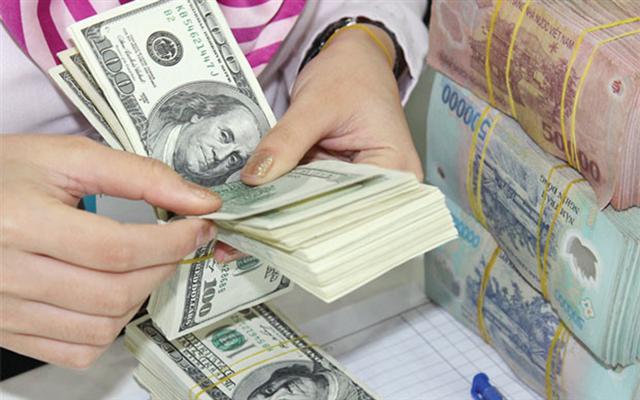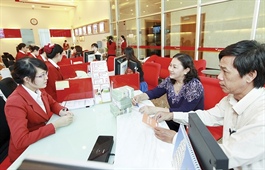Moody's confirms ratings of five Vietnamese financial institutions
Moody's confirms ratings of five Vietnamese financial institutions
Moody's rating action concludes the review for downgrade initiated on April 7, 2020.
Moody's Investors Service has confirmed the long-term ratings and assessments of three finance companies and two banks in Vietnam.
The three finance companies are VPBank Finance Company Limited (FE Credit), Home Credit Vietnam Finance Company Limited (HCV), and SHB Finance Company Limited (SHB Finance).
The two banks are Vietnam Prosperity Joint Stock Commercial Bank (VP Bank), which fully owns FE Credit, and Saigon - Hanoi Commercial Joint Stock Bank (SHB), which fully owns SHB Finance.

Moody's has confirmed the long-term ratings and assessments of three finance companies and two banks in Vietnam
|
With the exception of VP Bank's long-term foreign currency deposit rating which is on a negative outlook, the outlook on all other ratings of the finance companies and banks are stable.
Moody's rating action concludes the review for downgrade initiated on April 7, 2020.
The confirmation of FE Credit, HCV and SHB Finance's ratings takes into account Moody's expectation that solvency and liquidity risks caused by the coronavirus is mitigated by (1) early reopening of Vietnam (Ba3, negative)'s economy due to the successful control of the outbreak; (2) stabilizing financing conditions supported by ample liquidity following supportive domestic and global measures; and (3) the companies' ability to manage credit and liquidity risks amid disruptions from the coronavirus outbreak.
The companies' funding and liquidity positions were stable during the review period supported by ample international and domestic liquidity, which helped the companies to roll over their existing funding and access new funding. The companies have diversified their funding sources and reduced their funding costs during the same period. However, the companies' reliance on wholesale funding and limited balance sheet liquidity remain a weakness for their credit profiles.
The short duration of the economic disruptions in Vietnam has helped the companies to manage delinquencies and collections within the historical range. While Moody's has observed early signs of stress in delinquencies and collections, especially in April due to social distancing measures, collections recovered and delinquencies dropped in the rest of the second quarter of 2020. The companies have also shown prudent risk management, such as tightening underwriting criteria against the backdrop of slowing economic growth.
In the wake of coronavirus-related shocks, Moody's expects slower economic growth for Vietnam in the next 12-18 months, which will result in negative pressure on asset quality and profitability of banks and finance companies.
Deteriorating external demand is weighing on exports and tourism, while global containment measures disrupt supply chains, curb consumption and weaken investment activity. That said, the stable outlooks reflect an abatement in the degree of downside risks than initially expected when Moody's took the rating action on the five financial institutions in April 2020, and Moody's views that the downside risks have already been adequately factored into their standalone credit profiles.
Moody’s said a rating upgrade of the companies’ ratings is unlikely given the ongoing coronavirus pandemic.























